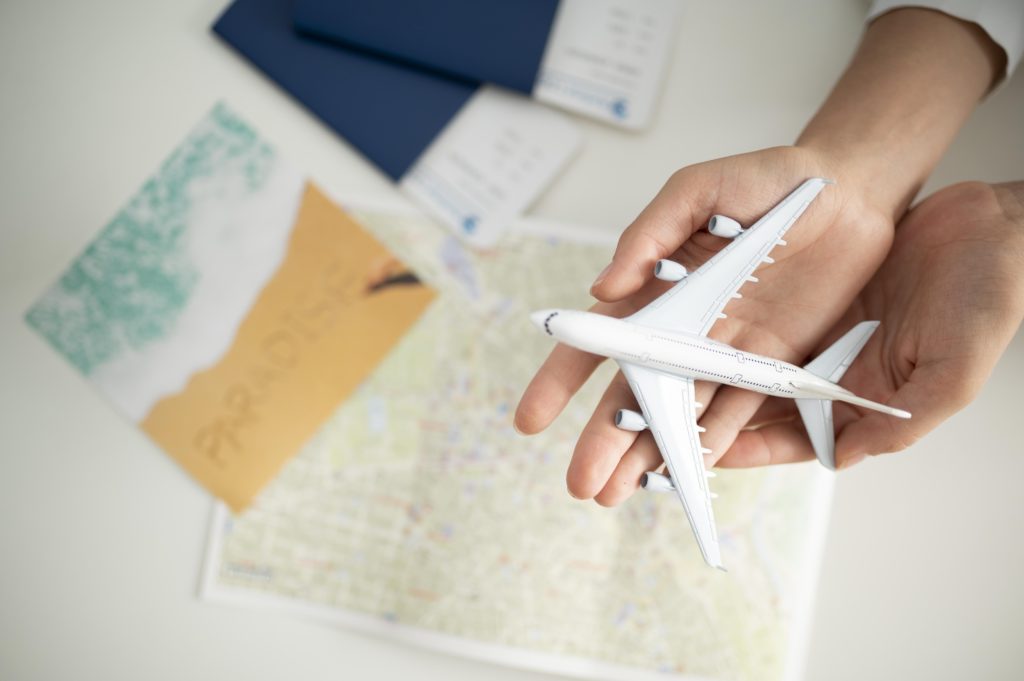Following a dismal few years of travel restrictions, optimistic forecasts by the International Air Transport Association come as welcome news to the aviation sector. IATA expects overall traveller numbers to exceed pre-COVID-19 levels for the first time in 2024, reaching an astounding 4 billion passengers, and estimates that growth will continue in the following decades to come1.
While this is a much-needed boon for the sector, exceptional travel volumes will also exacerbate existing challenges, at a time when airlines and airports are tensely jockeying to provide the best possible passenger experience while dealing with heightened security requirements.
Pioneering airports are already beginning to tackle these challenges and get a leg up on competitors by embracing the latest technological innovations to revolutionise air- travel: biometric technology. With biometric technology, airports and airlines can offer passengers a superior travel experience, while cutting costs and enhancing security.
How biometric technology works
Travellers register remotely before departure by sharing their biometrics via their mobile devices or at a kiosk at the airport. Thereafter, passengers are automatically verified at every airport touchpoint merely by looking at a camera. Check-in, baggage drop, security checks, boarding gates etc. become hassle-free. Passports, boarding passes, and other necessary documents (e.g., COVID passes) are no longer needed!
The benefits:
For passengers
Biometric technology eliminates paper juggling and facilitates an effortless end-to-end travel experience. At the pre-travel stage, VISA applications and pre-screening processes are expedited by sharing digital identities with authorities online. At the airport, bag drop-off becomes faster, as bags are assigned biometric tokens and tags and additional check-in procedures are no longer required. Border control also becomes a quicker, easier, and less intrusive experience with eGates.
For airlines and airports
Biometric technology offers a competitive edge, cuts costs and improves overall efficiency. As fewer resources are necessary for manual ID checks, smart queuing is facilitated for more effective bottleneck and airport space management. At the same time, a significantly improved passenger experience contributes to commercial success.
For governments
Biometric technology helps strengthen security and significantly reduces cross-border criminal activity, as crossing borders with false identities becomes virtually impossible. At the same time, fewer resources are required to process incoming traveller information manually, as pre-screening is transformed with biometrics.
Revolutionising air travel with us
At FacePhi, we work with airport operators and airlines to deliver seamless and secure passenger experiences, to improve overall efficiency and security while accelerating their “Passenger First” approach.
With our biometric technology, legacy processes are eliminated and replaced with modern, contactless and frictionless airport experiences. The passenger just needs to initially register with an ID document and a selfie to enjoy fast and paper-free travel end-to-end.
With us, airports, airlines and passengers alike can rest assured that their biometric data is protected with the highest security level. Our solutions are built with the principles of flexibility, inclusion and consent-based ethical use to ensure responsible use at all times.
Find out more on how biometric technology can enhance the passenger experience, efficiency and capacity for the airports, here.






